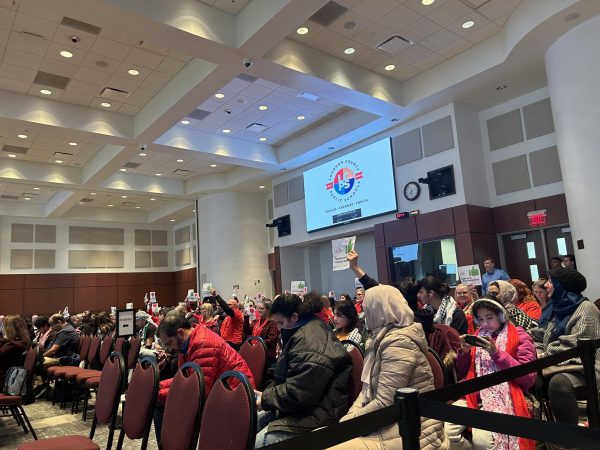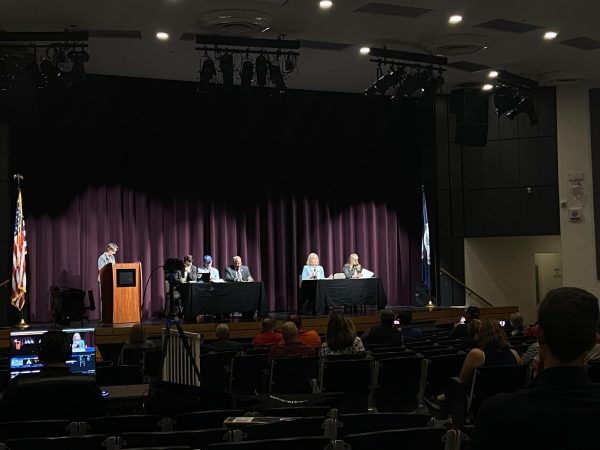What You Missed Last Week: Week of 3/19
“Trump welcomes Merkel after bashing her on campaign trail”
Friday 17 March 2017
On Friday, March 17, 2017, Merkel arrived in Washington to meet with Trump for their first face-to-face meeting after months of preparation. Washington-Berlin ties will play an integral role in defining Trump’s relationship with not only Germany, but also with the rest of Europe and the West. Trump and Merkel differ on areas of climate change, immigration, and trade. The possible influence of these platform and ideological differences on U.S. and German relations in the coming months will surely be interesting.
Read More: http://www.cnn.com/2017/03/16/politics/angela-merkel-donald-trump-washington-visit/
“Dutch elections: Wilders’ far-right party beaten, early results show”
Thursday 16 March 2017
According to early results, conservative Dutch Prime Minister Mark Rutte has beaten his far-right rival Geert WIlders. This election has been seen as an indicator of growing populist sentiment in Europe, which raises concerns about the EU and the rising trend of illiberal democracies throughout the world. Geert Wilders tied for second place with two other parties, D66 and the Christian Democratic Appeal. Additionally, the environmentalist GroenLinks (Green Left) party appears likely to make significant gains. Turnout was 81%, the highest it has ever been in three decades. (Rutte’s victory was made official on March 21, 2017).
Read More: http://www.cnn.com/2017/03/15/europe/netherlands-dutch-elections/
“Dakota Access pipeline: appeals court refuses tribes’ request to stop oil flow”
Saturday March 18 2017
An appeals court on Saturday refused a request from two Native American tribes for an emergency order that would essentially prevent oil from flowing through the Dakota Access pipeline. This decision by the US court of appeals for the District of Columbia means that the pipeline could potentially be operating as early as Monday, despite the tribes’ lawsuit challenging the project moving forward. The appeals court said the tribes had not met the necessary requirements for such an order. Standing Rock and Cheyenne River Sioux tribes’ argument for the case was based on the fear and possibility that the pipeline could negatively affect their water supply and their right to practice their own religion, which depends on having clean water.
Read More: https://www.theguardian.com/us-news/2017/mar/18/dakota-access-pipeline-appeals-court-oil












